Legalized Murder and the Politics of Terror
The police kill citizens with impunity, and that is exactly how the system is designed to work. The numerous little police states that exist in poor urban areas across the U.S. are models for a system that would enslave all of us.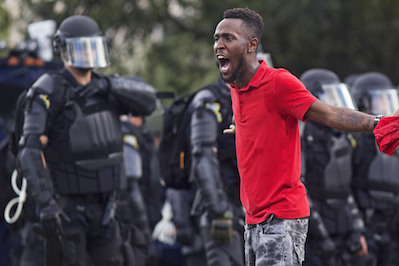 1
2
1
2

A protester yells in front of police headquarters after officers arrived in riot gear to clear protesters from the street in Baton Rouge, La., on Saturday. (Max Becherer / AP)
Independent journalism is under threat and overshadowed by heavily funded mainstream media.
You can help level the playing field. Become a member.
Your tax-deductible contribution keeps us digging beneath the headlines to give you thought-provoking, investigative reporting and analysis that unearths what's really happening- without compromise.
Give today to support our courageous, independent journalists.
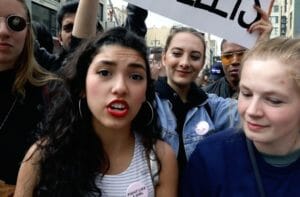
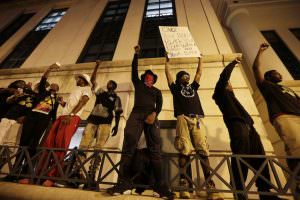
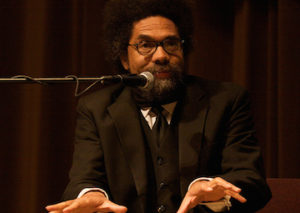
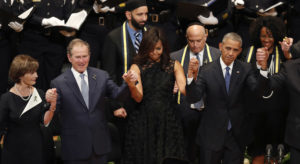

You need to be a supporter to comment.
There are currently no responses to this article.
Be the first to respond.